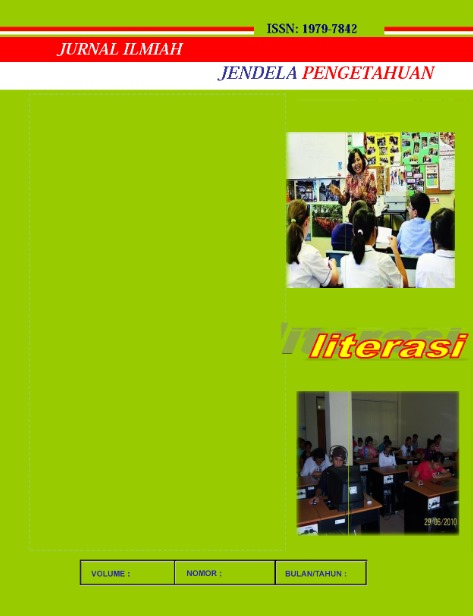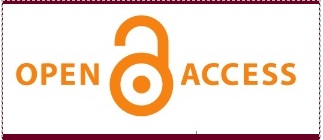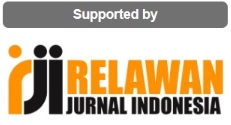The Influence of Using a Differentiated Learning Approach on Student Learning Outcomes in Social Studies for Grade VIII2 at SMP Negeri 8 Ambon
Pengaruh Penggunaan Pendekatan Pembelajaran Diferensiasi Terhadap Hasil Belajar Siswa Mata Pelajaran IPS Kelas VIII2 SMP Negeri 8 Ambon
Abstract
This study aims to analyze the influence of the use of differentiated learning approaches on student learning outcomes in Social Sciences (IPS) class VIII2 at SMP Negeri 8 Ambon. This study uses a quantitative method with a pseudo-experimental design. The research sample consisted of 31 students who were selected using the nonprobability sampling technique. The results of data analysis using the t-test showed that the tcount value was 8.668, while the ttable value at the degree of freedom (df) 29 with a significance level of 0.05 was 1.699. Because the tcount (8.668) is larger than the ttable (1.699), the research hypothesis is accepted. This shows that the differentiated learning approach has a positive and significant effect on student learning outcomes. First, the results of the validity and reliability test show that all requirements in each variable are declared valid and reliable. It can be seen that Rcalculate Rtable, then all statement items are declared valid. Meanwhile, the reliability test for all variables was declared reliable because of Cronbach's alpha 0.60. Second, the differentiated learning approach has a positive and partially significant effect between the differentiated learning approach to learning outcomes. This means that the better the differentiated learning approach, the better the learning outcomes. This is evidenced by the value of the t-test results (partial) which shows that the tcount is 8,688 ttable 1,699 and significant 0.000 0.05, so it can be stated that H1 "differentiated learning approach affects the learning outcomes of social studies subjects of grade VIII2 students of SMP Negeri 8 Ambon" is accepted based on the results of hypothetical assumptions. Third, the magnitude of the determination coefficient or R2 is 0.721 or 72.1%, This shows that the percentage of influence of the differentiated learning approach has a great influence on the learning outcomes of social studies subjects. The remaining 27.9% was influenced by other variables that were not studied.
Downloads
Copyright (c) 2025 Junita Meilisa Aponno, Josef Papilaya, Franklin W. Ubra

This work is licensed under a Creative Commons Attribution 4.0 International License.
















